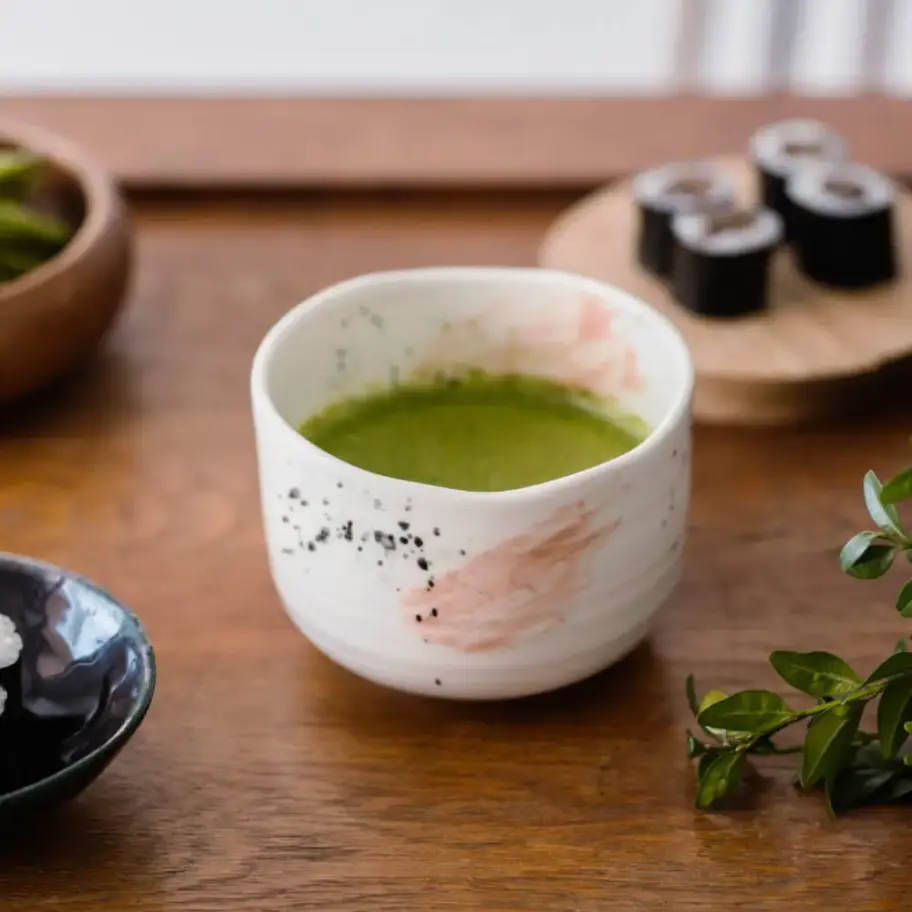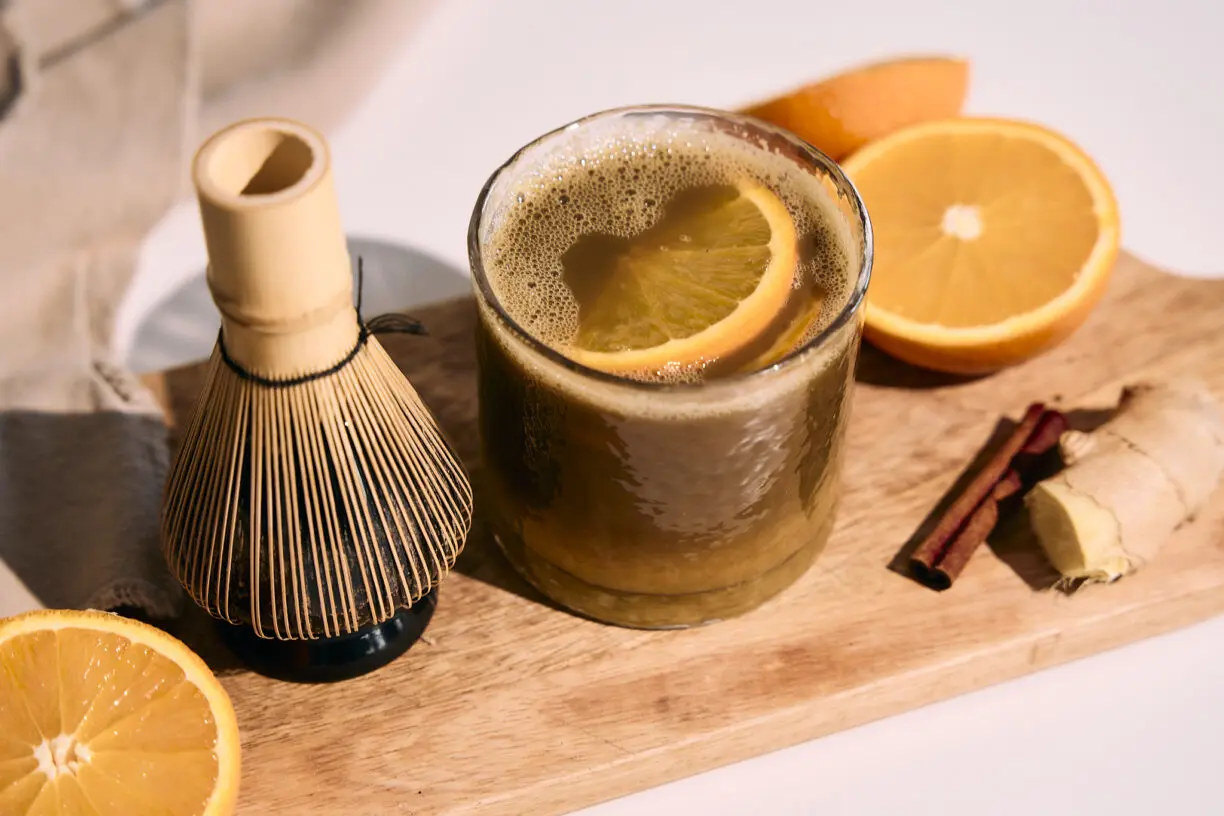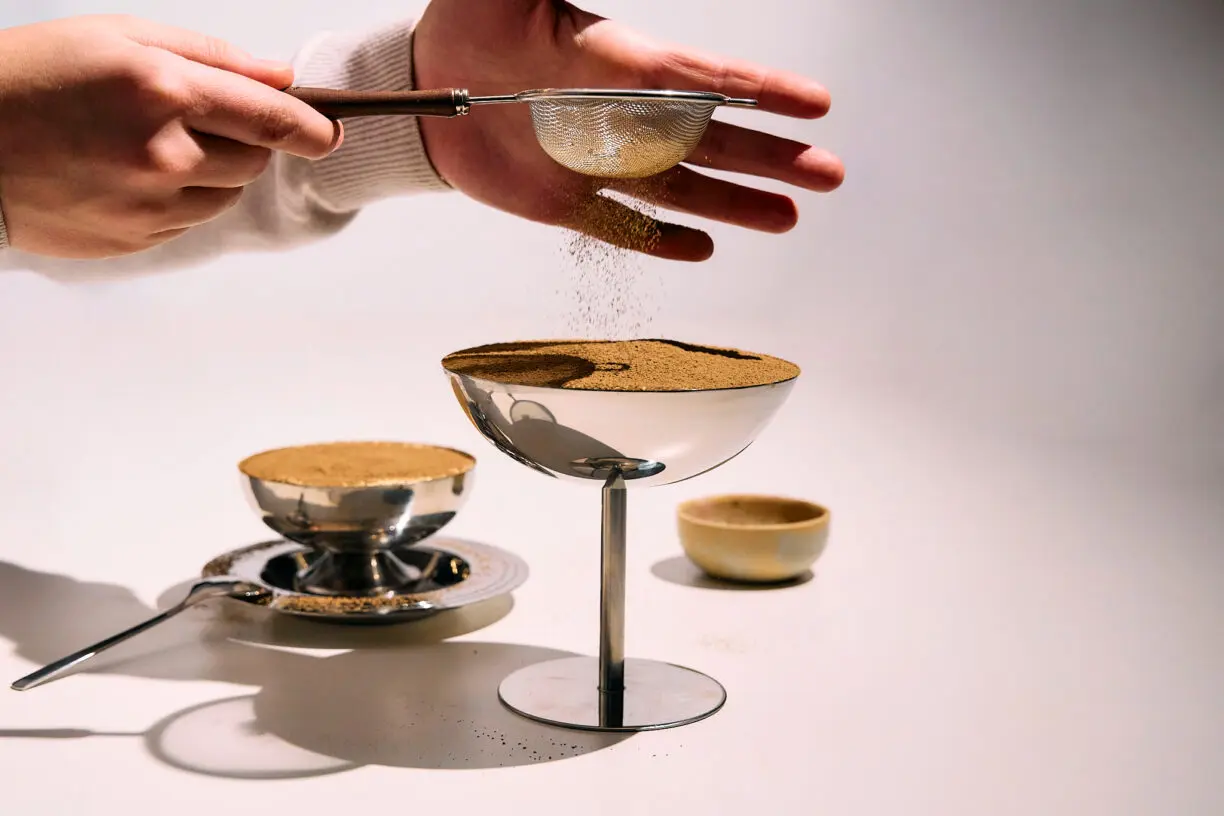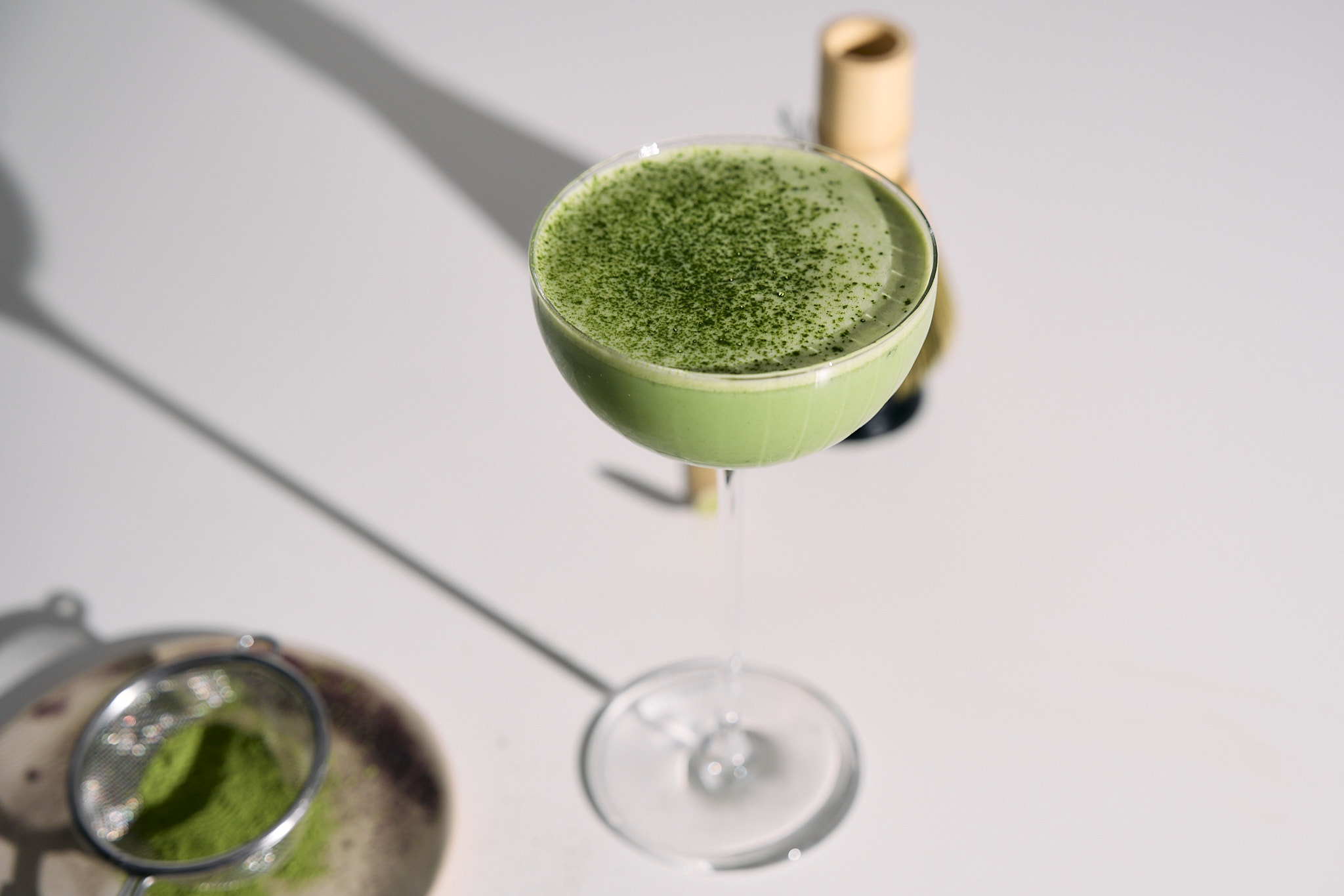Green teas are one of the healthiest natural products to include in your daily diet. They perform a strong antioxidant effect, can boast of an effective slimming effect, successfully regulate blood pressure, noticeably improve the condition of the skin, hair and nails, support the functioning of the digestive and immune system, prevent aging processes … As you can see, there is a whole myriad of reasons for regular green tea consumption. Are there, however, any cases, in which consuming green tea is not really the best idea? We explain below.
Ingredients not for everyone
Green tea owes its wide range of health-promoting properties to groups of vitamins and minerals that it contains. Most of them are those chemical compounds that serve everyone without exception, such as vitamin C, K, B vitamins, magnesium or calcium. However, green tea also contains some less common substances – theine and catechins.
Theine is simply the name for caffeine found within tea leaves. Certain varieties of green tea (e.g. sencha and gyokuro leafy leaves and powdered matcha) are particularly rich in this substance. The contraindications considering the consumption of theine are the same as those for caffeine. After all, it is, in fact, chemically the very same substance. Therefore, pregnant women and children should consume green teas rich in in limited, monitored amounts. The solution to such question can be found in particular kinds of tea, which, due to the specific composition or production process, are free of the presence of theine. One of such teas is e.g. hojicha. Hojicha is a roasted tea that loses almost all of its caffeine content during the process of roasting of the tea leaves.
Green tea and the stomach
Green tea stimulates the secretion of digestive juices. Therefore, people struggling with stomach dysfunctions should carefully monitor their body’s reaction to the green tea infusion. It all depends on individual preferences. In order to avoid stomach pain, you should always drink green tea and matcha on a full stomach.



